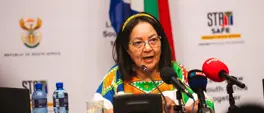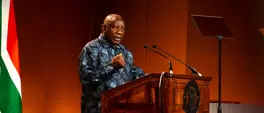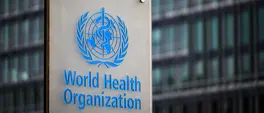Parliament hears of irregularities that led to 95 Libyan nationals receiving military training at MP camp
Lindsay Dentlinger
20 August 2024 | 16:12Outdated application forms, missing information, handwritten visas and an offline system all helped to facilitate their entry into the country in groups between April and May.
CAPE TOWN - Parliament has heard of the litany of irregularities that led to 95 Libyan nationals receiving military training at a camp in Mpumalanga.
Outdated application forms, missing information, handwritten visas and an offline system all helped to facilitate their entry into the country in groups between April and May.
Minister of Home Affairs Leon Schreiber says until the department eliminates human involvement in the issuing of visas - such incidents will continue.
Much of the blame for granting visas to Libyan nationals to enter South Africa appears to be placed on the foreign mission in Tunisia.
Parliament has heard the applicants did not appear in person, neither did they apply for a specific category of visa - which was decided upon by an International Relations official.
Home Affairs Director-General Tommy Makhode says the raid on the White River camp revealed the training programme was specifically designed for this group.
“One, they were there to upgrade their skills, secondly they were there to train so they could defend their country against terrorist organisations like ISIS and lastly to protect their own citizens back home.”
The department says in total 100 visas were issued, but three arrivals were rejected at OR Tambo International Airport while two others did not make the trip.
“Most of those Libyan nationals have participated in other conflict zones in other wars, and others were also university graduates. “
Makhode said the Libyan government paid all the deportation costs and none of the men are expected to face criminal charges in their home country.
Get the whole picture 💡
Take a look at the topic timeline for all related articles.














